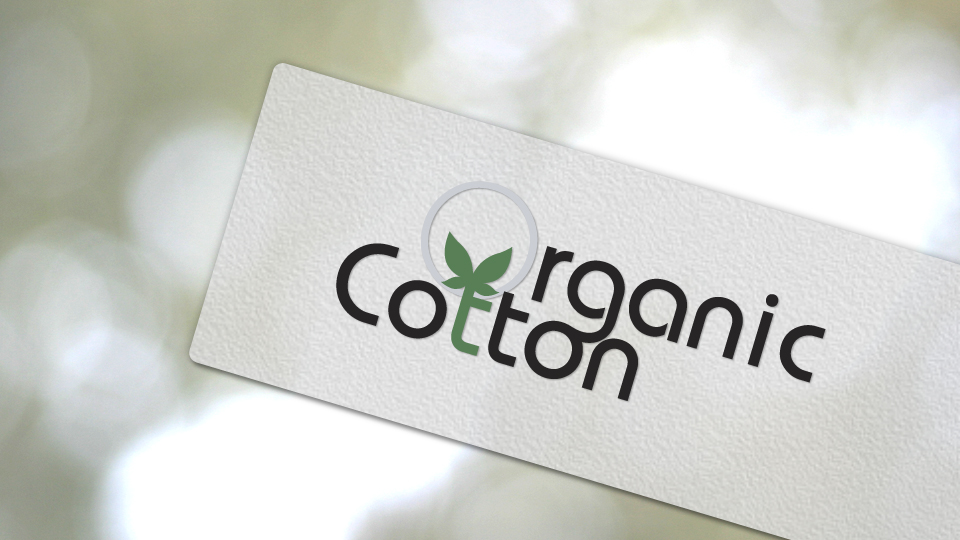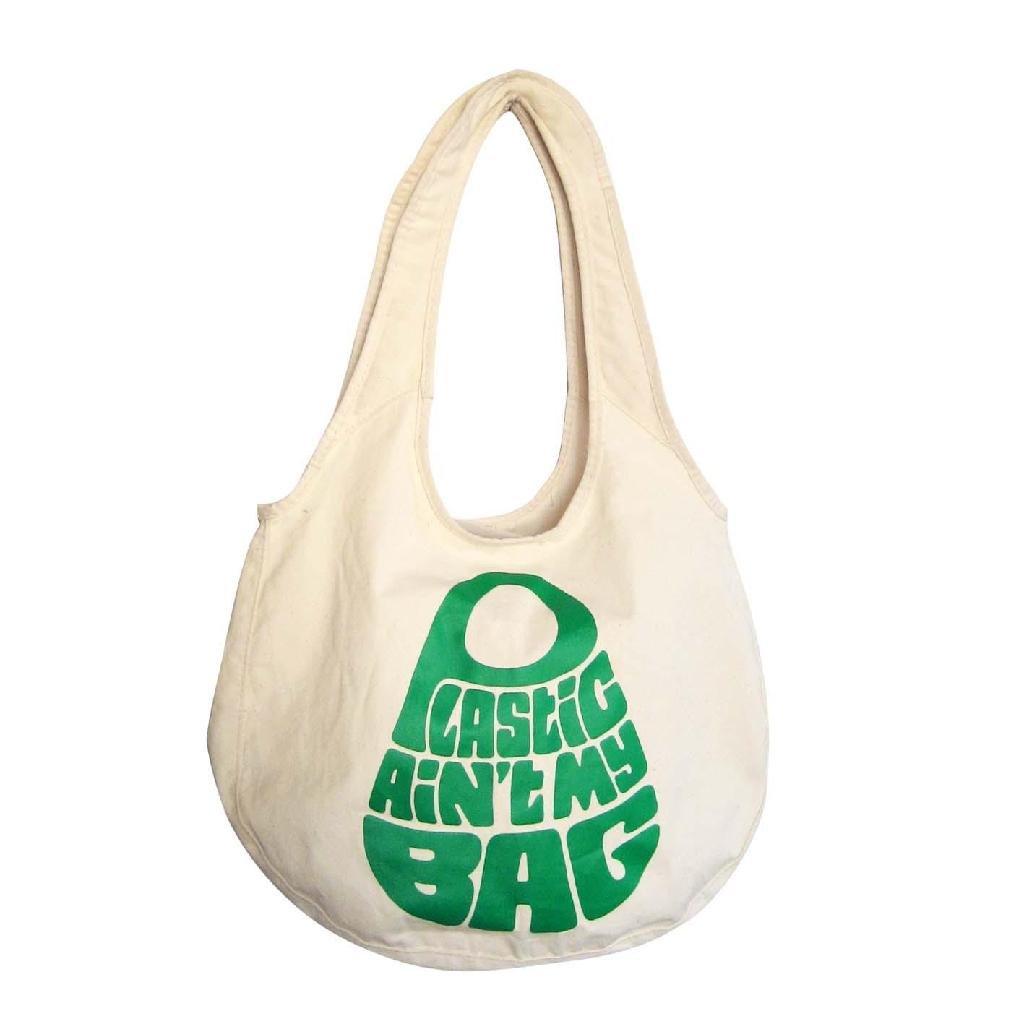The problem with organic products is that they’re often so much more expensive than the regular versions. Whether it’s organic clothes, organic baby products, or even organic foods made sans chemicals like nitrates and nitrites, you’ll find that these products will always be marked up by at least a few dollars.
Organic cotton has become all the rage these days, as it’s supposed to be so much cleaner and healthier than the regular stuff. But is it really all that clean compared to regular cotton? Is it really worth the extra price?

Chemicals
Interestingly enough, cotton is a crop that is very dependent on chemicals. 25% of the pesticides used in the world are used by cotton farmers, and 10% of agricultural chemicals as well. You’ll find that almost all cotton is sprayed by all sorts of fun, difficult to pronounce chemicals, so it’s definitely in your best interests to consider organic cotton. It’s much cleaner, and the lack of chemicals will make it much healthier.
Water Use
Organic cotton may actually use more water than regular cotton, as the irrigation needs of organic cotton are much higher. In this sense, organic cotton isn’t the better choice.
On the flip side, using chemicals to grow regular cotton means that the pesticides and herbicides sprayed on the plants are absorbed into the ground. The chemicals mix in with the groundwater, causing polluted runoff that can cause all kinds of health issues.

Shipping Costs
One of the main problems with organic cotton is that it’s much costlier to not just produce, but ship as well. Most of the cotton grown in the country is conventional, and most of the organic cotton used by manufacturers comes from Asia and Africa. States like California and Texas are growing more organic cotton, but nowhere near enough. The cost of having the organic cotton shipped from overseas is fairly high, which is one of the reasons that organic cotton is more expensive than conventional cotton.
GMOs
You’ll find that a surprising amount of the cotton grown in the country is genetically modified, accidentally, of course. The cotton planted in the U.S. and other countries is usually normal, but GMO seeds are often planted alongside the regular cotton in order to increase the yield of the plant and reduce pests.

Dyes
Did you know that a lot of the dyes used to color cotton are made from chemicals? Even cotton that is grown normally can become harmful if the wrong chemicals are used, such as the VOCs, tin, iron, and solvent-based inks which are used to dye the material. It takes a lot of washing to remove the last traces of the dyes, meaning for the first few weeks or months of use your skin is always in contact with heavy metals and other potential toxins.
With organic cotton sheets, clothes, and other products, the dyes and coloring agents used as safe and chemical-free as possible. Low-impact dyes have become popular, and they are a much safer option for coloring cotton.
So, now we get down to the big question: Is organic cotton really worth the price?
For those who are making a conscious effort to live a healthy lifestyle, the answer is yes. The cost may go up a bit on all organic products, but that’s the price you pay for the extra effort that goes into keeping your products healthy and free of chemicals. Seeing as cotton is one of the most chemical-dependent crops in the world, it’s easy to see why organic cotton is a much safer choice.







